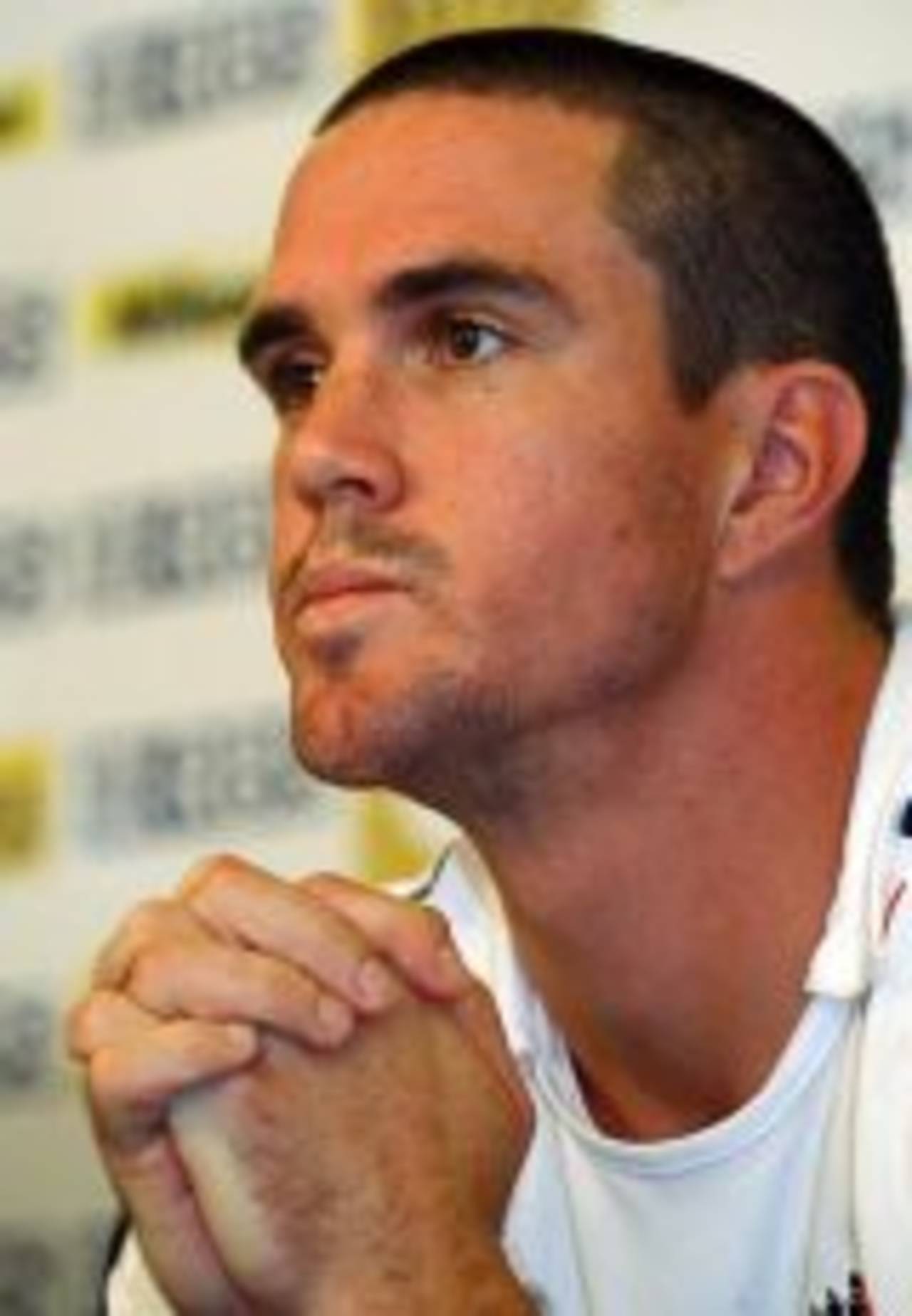England adjust to India's 'ring of steel'
George Binoy
25-Feb-2013

Getty Images
For a virtual war zone - the description of Madras (Chennai) given by Stephen Harmison as he pondered whether to return - it has been pretty calm here, writes Michael Atherton in the Times.
The most tempting thing in the aftermath of terrorism is to exaggerate the danger and the effects on daily life. After all, if you want to drive into Lord's the day before a Test match, you have to let the sniffer dogs do their bit there as well. As it happened, I didn't have my pass on the day I arrived here, but I managed to walk through the gates of the M.A. Chidambaram Stadium and out to the middle without anybody asking to see it. The chief sports writer from the Daily Mirror (and you know it's a big story when the “chiefs” arrive) got in by showing his FA Cup pass.
Would you enjoy watching a cricket game surrounded by 5,000 soldiers and 300 commandos, or whatever the numbers are? Heck, there would be more armed soldiers in the stadium than spectators, and nobody enjoys cricket more than Indian spectators, writes Geoffrey Boycott in the Hindu.
There is one golden rule in India: expect the unexpected. So it was entirely in keeping with a city where all police leave has been cancelled, that the scariest moment an England player has had here so far came on Wednesday in the securest place possible - the pavilion, writes Simon Hughes in the Telegraph.
At about 11am in a small conference room the trophy for the series was unveiled in the presence of the two captains. A posse of photographers and cameramen surged uncontrollably forward amidst a cacophony of shouts of "Over here Kevin!" and "Look this way Mahendra!" and a scrum ensued, exceeding anything the England rugby team have produced of late. For a moment the rifle-bearing security personnel were flummoxed and there were a few alarmed faces. Order was soon restored.
India have more important things than world rankings to consider tomorrow, writes Dileep Premachandran in the Guardian.
Dhoni undoubtedly spoke for Tendulkar and many others when he said on the eve of the game: "The best thing that I could give to India at this juncture is a good game of cricket. That is what we are here to do as professional cricketers." In some ways, there are echoes of Liverpool Football Club and what happened at Hillsborough in 1989. Both tragedies could have been avoided with greater foresight, but after weeks of grieving, Liverpool's footballers decided that the best possible homage to the 96 that lost their lives was to go on and win the FA Cup.
It will be the biggest achievement of Pietersen's career. Millions of Indians will never forget that KP and his England team had the courage to turn up, just as the Irish have never forgotten what happened back in 1973 at the height of those euphemistic "troubles", writes Mark Reason in the Telegraph
That day the England rugby team played the most significant match in their history. Over the previous 12 months Ireland had been crippled by violence. Both Scotland and Wales had refused to travel to Dublin. On 'Bloody Sunday' the British army had shot dead 13 people. The IRA then set off 22 bombs in Belfast on 'Bloody Friday'.
Andy Flower, England's batting coach has been this way before. In Delhi in March 1993 he batted in a Test match, Zimbabwe's first overseas, just days after explosions in Bombay (now Mumbai) had killed more than two hundred people, writes Vic Marks in the Guardian.
"I think living in Zimbabwe gave us a different perspective. Sometimes I watch our guys [the England squad] and don't quite understand their skittishness about some of the situations they find themselves in." But Flower acknowledges the huge difference in upbringing. "In Zimbabwe we used to travel around with a pistol in the car. On a long trip, say to Bulawayo, we'd travel with a shotgun. We would drive in convoy and we would have machine guns on some of the vehicles. So we became hardened to the harsh facts of life. It is tougher for these guys to adjust to all the guns around."
Also in the Guardian, David Hopps says that Pietersen is fast becoming the most powerful England captain for a generation.
Michael Vaughan and Nasser Hussain were tough cookies, but they were answerable to Duncan Fletcher, the coach. Pietersen makes no such concessions to Peter Moores. He talks of "my team" and he won the argument for a less intensive training regime than in New Zealand last winter. And, in a major political crisis, while Pietersen has held counsel, Moores has remained in the background.
George Binoy is an assistant editor at ESPNcricinfo